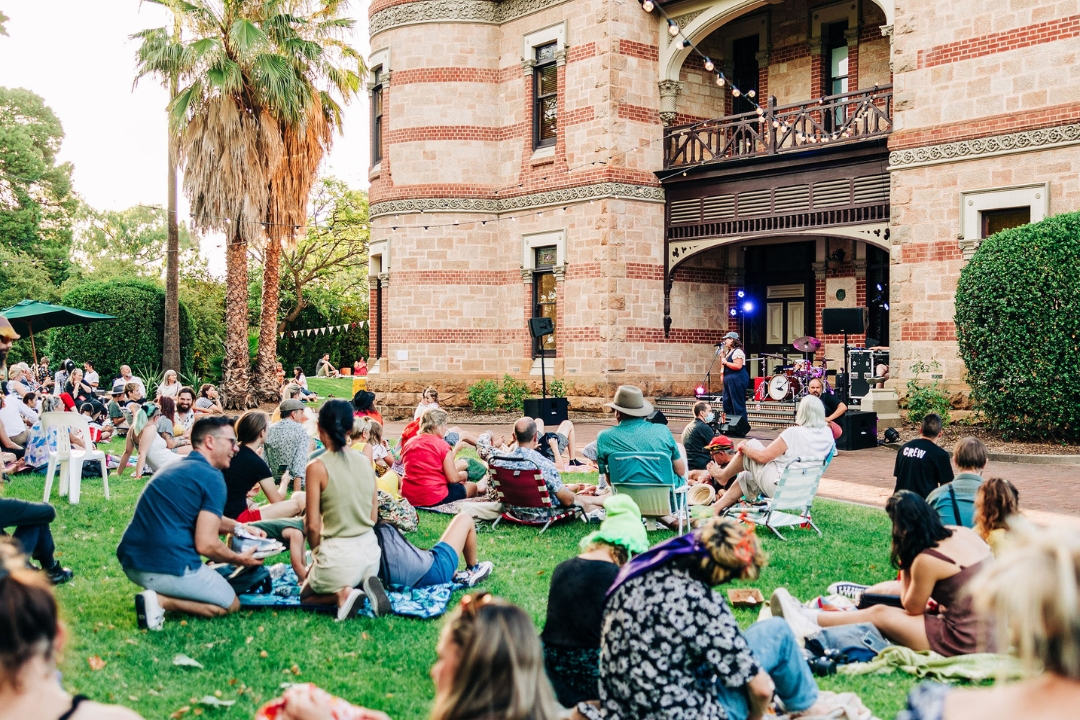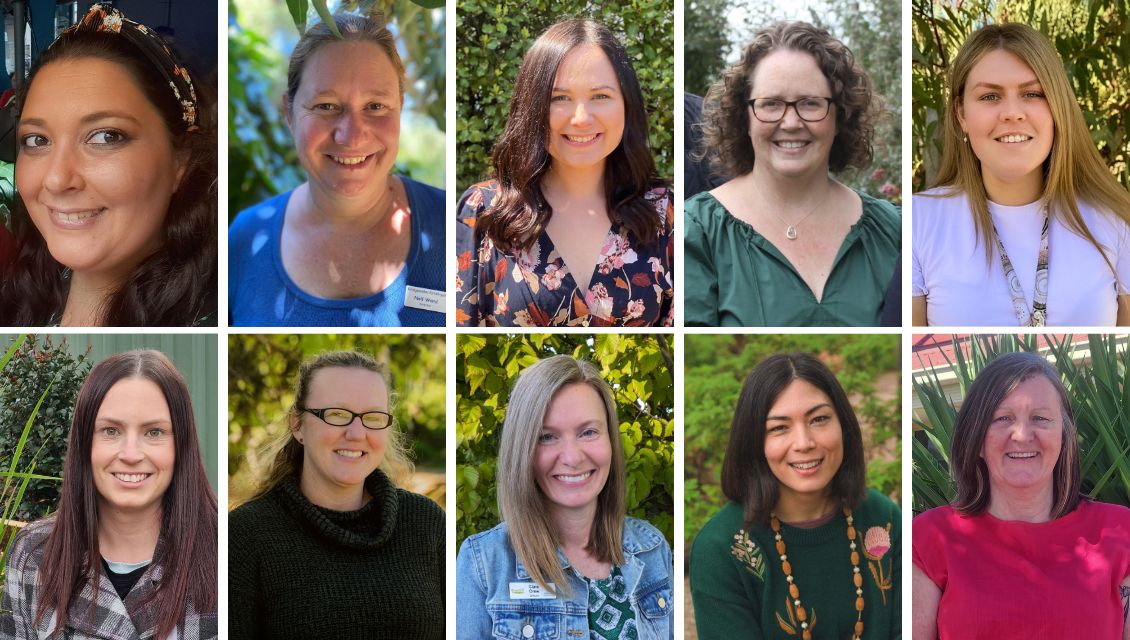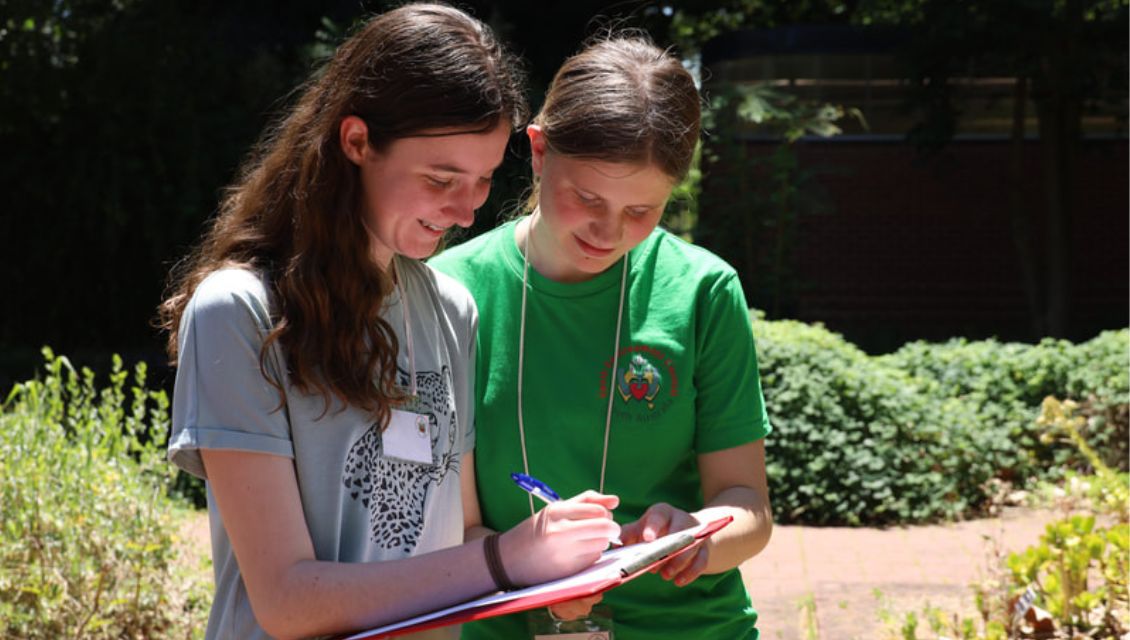
Words Grow Minds is the state’s largest campaign ever to nurture baby and toddler development. Thanks to $4 million in state government funding – and following successful trial programs in Whyalla and Mount Gambier – it’s being rolled out across South Australia for parents, carers and service providers of children aged 0-3.
Its message is simple but life-changing: Parents and caregivers can support their babies and young children to thrive by talking, reading, playing and singing together from birth.
Why all the fuss about talking to babies?
Around 85 per cent of children’s brain development happens in the first three years of life. More than a million new connections are made in the brains of young children every second during this period.
Frequent, positive interactions with caregivers physically shape the child’s brain, influencing their future capabilities far more than genetics alone.
But Kate Ellis, CEO of Raising Literacy Australia and Chair of the Early Years Taskforce, says the research shows that a worrying one in five South Australian parents believe a child’s development and life outcomes are dependent solely on the genes they’re born with.
“We’ve also heard time and time again from parents who think that you only have to start reading with your child when they start school,” Kate says.
The most alarming stat of all is that nearly one in four SA kids starts school developmentally vulnerable – that’s above the national average. That means those crucial early years are setting some kids up for struggle before they even set foot in a classroom.
This is the trend Words Grow Minds is determined to reverse.
Kate says the statistics show that we’ve never really had a campaign that talks about brain development in SA before – and we need one.
“It’s hard to make neuroscience something that is interesting and catchy, and that really busy people can engage in, but that’s what we’re doing through Words Grow Minds,” she says.
The campaign makes the science approachable and downright adorable through its catchy jingle and super cute, animated characters, Bobble and Bib (pictured right).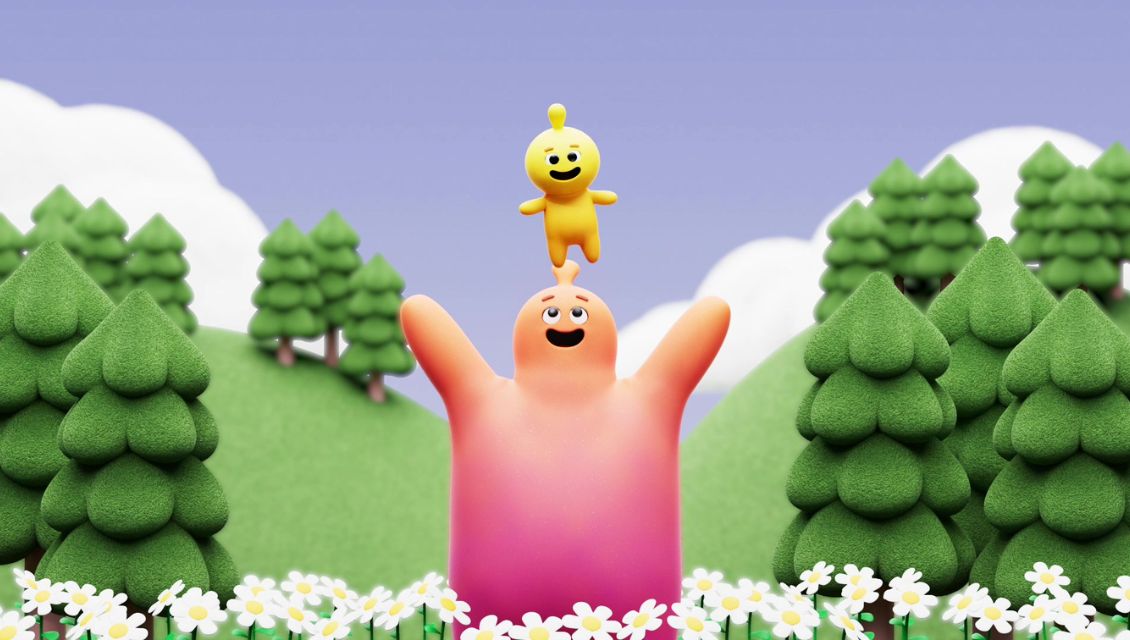
“This sounds like a really simple campaign with its message of ‘talk, read, sing and play with your child’,” she says.
“But it’s actually really important and something that we want to see better outcomes from to make sure that every South Australian child has the best chance at life.”
“We want to get that message out that those first three years are a critical time where you can affect your child’s whole future and help them to thrive.”
Real parents, real support
“We can’t take for granted that every parent knows how to play or talk with their baby in a way that nurtures their child’s development, especially if that wasn’t a factor in their own childhood,” Kate says.
“This doesn’t come naturally to every parent and there’s nothing wrong with that. It’s a learned skill just like everything else in parenting and we’re here to offer that support.”
“Sometimes being a parent today can be really isolating,” says Kate. “Just because you managed to produce a child you don’t necessarily have all the knowledge about what services and supports are there and how you can access them.”
“We get that parenting isn’t easy. We’re not trying to add to the guilt that many parents feel already. We’re trying to offer support and advice and tips and try and make it a bit easier.”
For working parents scrambling to juggle it all, Words Grow Minds has got your back. “This doesn’t have to be time consuming,” says Kate. “It doesn’t have to add to the list of things you have to do that day.”
It could be as simple as narrating your trip to the supermarket, singing a silly song at bathtime, or bringing your toddler’s favourite toys alive with some funny voices.
“Kids love singing along and they love to see adults being silly or playful as well,” Kate says.
“It’s about that really simple stuff about getting down on their level, making eye contact, making sure that you’re having quality time and interactions and that you’re giving them your attention. No matter how busy you are, we can all do that. “
Kate also wants to stress that parents and carers don’t need to spend money on “talking computers and expensive equipment” to support their development. “Most toddlers I’ve ever met are just as happy with a saucepan and a spoon or with a bucket, some toys and water play,” she says.
Technoference – not just a made-up word!
A recent study led by University of Adelaide’s Dr Mary Brushe found that for every minute of screen time toddlers are exposed to at home, they hear fewer adult words, make fewer vocalisations and engage in fewer conversations with their parents.
The research concluded that “technoference” (technology-based interference) is real among Australian families.
It’s a powerful and timely study and Kate says it can help us tweak our approach to screens, which we have to be realistic are now a part of our world.
“It’s not about shaming anyone that’s ever tried to keep a child quiet for five minutes with a screen while they have a phone call or a conversation,” she says.
“There are some really clear guidelines about screens for younger children, and there are also some really practical tips on how we can have a positive approach to screen time."
The key? Striking a balance and being sensible. The same goes for parents’ screen time.
“I’m the last person to shame a parent for spending too much time on their screens or on their phones, because I’m guilty as charged,” Kate says.
But she does think it’s important to remember what a powerful influence our behaviour has on our children and try to set an example for them.
How to get involved
“Words Grow Minds is free and something that we want everyone to feel a part of,” says Kate.
“It’s about making sure you get involved and accessing what’s happening. We want parents to know that there are a range of support services that are out there and a range of great activities – especially at their local libraries.”
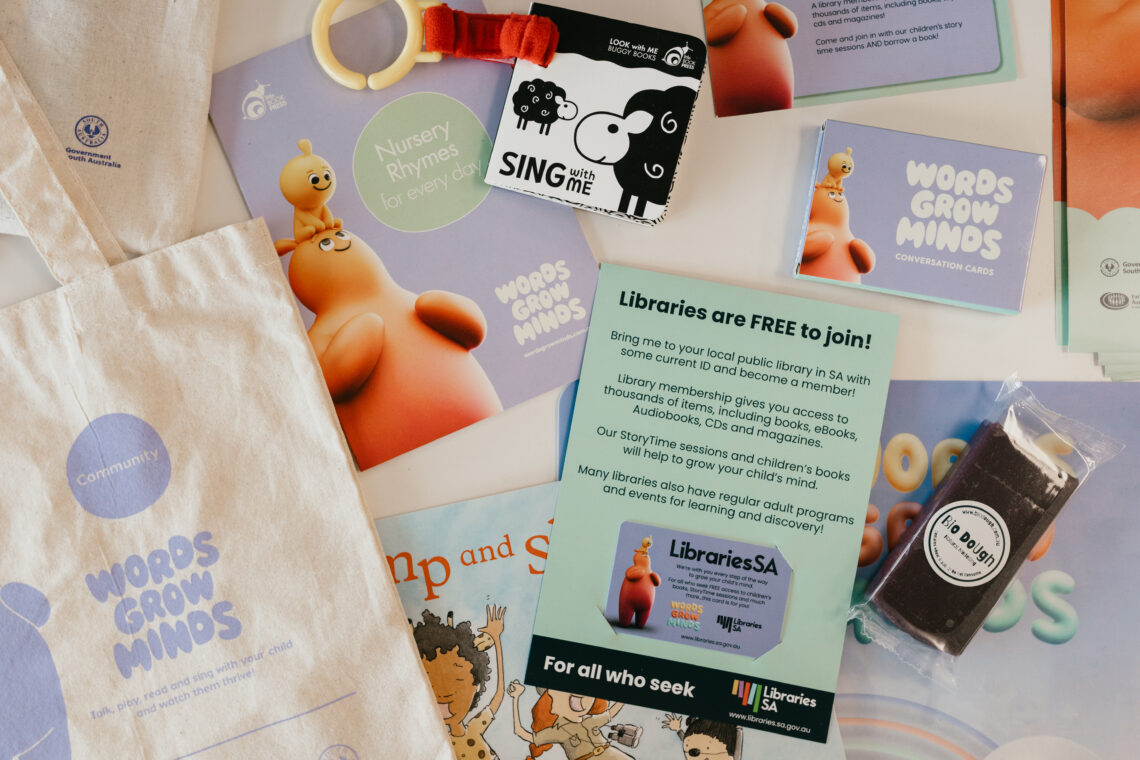 Families can access resources, tools and tips about all this and more on the Words Grow Minds website. This is the place to go to find out how they can best support their child’s growth through their time, attention and imagination.
Families can access resources, tools and tips about all this and more on the Words Grow Minds website. This is the place to go to find out how they can best support their child’s growth through their time, attention and imagination.
The campaign also includes 21,000 free baby books and play packs for SA families with children aged 0-3.
New parents wanting to learn more about how to nurture their child’s early development are being offered free online webinars. All the webinars are being recorded and will stay online on the Words Grow Minds website for anyone interested in catching up.
Words Grow Minds is also offering a free professional development course to support and upskill anyone who works with very young children and families.
Part of the bigger picture
Kate sees making sure every South Australian child is given every opportunity to succeed in life as “the biggest public policy challenge we have”.
“This is about supporting South Australian children, and this is about fairness. We should make sure that everyone by the time they reach school is ready to learn, and has those foundations laid.”
Words Grow Minds is delivering a key recommendation from South Australia’s Royal Commission into Early Childhood Education and Care. Led by former Prime Minister Julia Gillard, the commission developed a set of recommendations to ensure all South Australian children get the best possible start in life through high-quality early education – and the state government has committed to act on every single recommendation.
The first recommendation in the report is to reduce the rate of South Australian children entering school developmentally vulnerable from 23.8 per cent to 15 per cent within 20 years – taking it to well below the national average of 22 per cent.
The state government has vowed to deliver on the commission’s recommendations with a raft of initiatives which also include Kindy Care – a program that provides extended care for children outside of the regular 9am-3pm preschool hours – set to start in July.
Universal preschool for three-year-olds will roll out from 2026-2032, plus there will be longer preschool hours. This means more affordable early education and easier childcare options for working families. A $56 million workforce fund will ensure the staff are available for these quality early-learning programs.
This story originally appeared on The Post - a media partnership between the Government of South Australia and Solstice Media to inform young South Australians about the policies that underpin issues affecting their lives.

